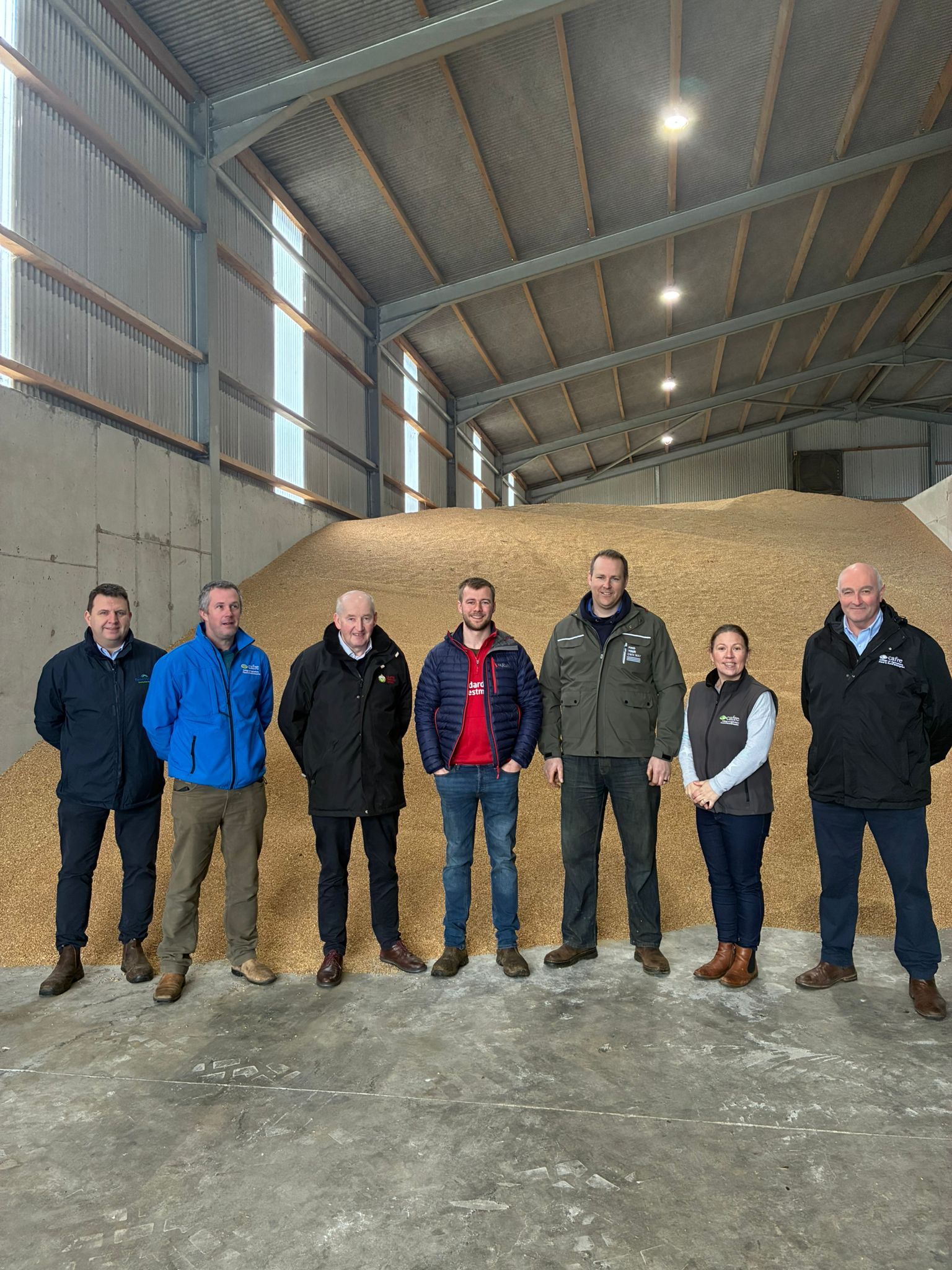
Commodity watch by policy officer Kayleigh Ashton-Meek
Within Great Britain, there are growing concerns around the spread of bluetongue virus once again. With the 2025/2026 vector period now started, it is hard to ignore the fact that the 2024/2025 vector period never quite finished and that within the past year, the virus never went away.
Whilst Northern Ireland has remained BTV-3 free, the risk of the virus entering the province is very high. Over the past weeks, midge plume forecasts are showing movement towards the east and north coasts. An incursion of BTV-3 will be devastating for the NI farming industry, so precautions need to be taken to protect the industry for years to come.
Biosecurity is still the top priority in the fight against BTV-3, though there are many additional prevention methods which farmers, industry and the public should take. Farmers need to continue to ensure that animals are not imported into NI from infected countries, whilst also remaining vigilant to all signs and symptoms, and reporting any potential symptoms, no matter how small, to your veterinarian.
Myth, science or opinion
Alongside this, the announcement of the BTV-3 vaccine becoming available for use within NI has added a new tool to the box, however, this decision appears to have divided the industry from the onset.
It is important to be aware of the differing opinions being put into the media over the past few months, with multiple sides to the same story. For all the news articles stating that farmers should immediately vaccinate their flocks and herds, there are countless articles or social media posts saying the opposite – telling farmers to be wary of the vaccine, or even to stay away from the vaccine altogether.
Understandably, as the vaccines are still new, there will be concerns about potential adverse effects on cattle and sheep. Farmers have expressed concern that their livestock may contract BTV-3 through the vaccine, and some farmers have discussed potential fertility issues post-vaccination. Though we may not understand everything about the vaccines, increased scepticism can be just as dangerous as the diseases we face.
The BTV-3 vaccines which will become available in NI (Bluevac-3, Bultavo 3 and SYVAZUL BTV 3) all use an inactivated strain of the virus, meaning that the animal is not being exposed to the live virus. This means that livestock cannot contract BTV-3 through the vaccine.
In relation to fertility issues, AHDB states that there is no scientific evidence to suggest the bluetongue vaccines will have a negative impact on the fertility of cattle and sheep. Within the product characteristics for each available vaccine, the safety recommendations also state that the vaccine can be used during pregnancy for ewes and cows, however, caution should be taken before vaccinating breeding males as there is limited data on potential effects.
BTV-3 infection can have severe effects on fertility, causing reduced fertility, poor semen quality, abortions, foetal deformities and stillbirths. Studies across the UK have shown that rams which have previously survived BTV-3 infection, were found to be infertile.
Veterinary advice
It remains important to note that vaccination does not stop sheep or cattle from becoming infected, nor will it stop the transmission of the disease. The current authorised vaccines have been shown to reduce clinical signs within the individual, so it is down to an individual farm decision as to whether the cost/risk/benefit calculation is right for them. Farmers are reminded that biosecurity, restricted imports from infected areas and vigilance for clinical signs are the key drivers for keeping BTV-3 out of NI.
Farmers should speak to their private veterinarian about whether vaccination is the best option for their flock or herd. The veterinarian will also be able to answer any questions or concerns about the potential negative effects of the vaccination. Safety data sheets are also available for each vaccine.
It is vital that any decision which is made is thoroughly considered, to ensure that it is the correct decision for you.
Key websites
- Vaccination FAQs – Ruminant Health & Welfare
- Bluetongue serotype 3 (BTV-3) vaccination – GOV.UK (Link to the safety data sheets for each vaccine)
- BattleBluetongue-vaccine-decision-maker-tool-February-2025-.pdf
- Updated-BTV-Vaccines-comparison-table-12-6-25.pdf




